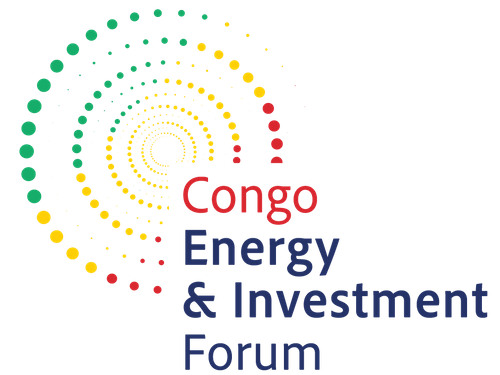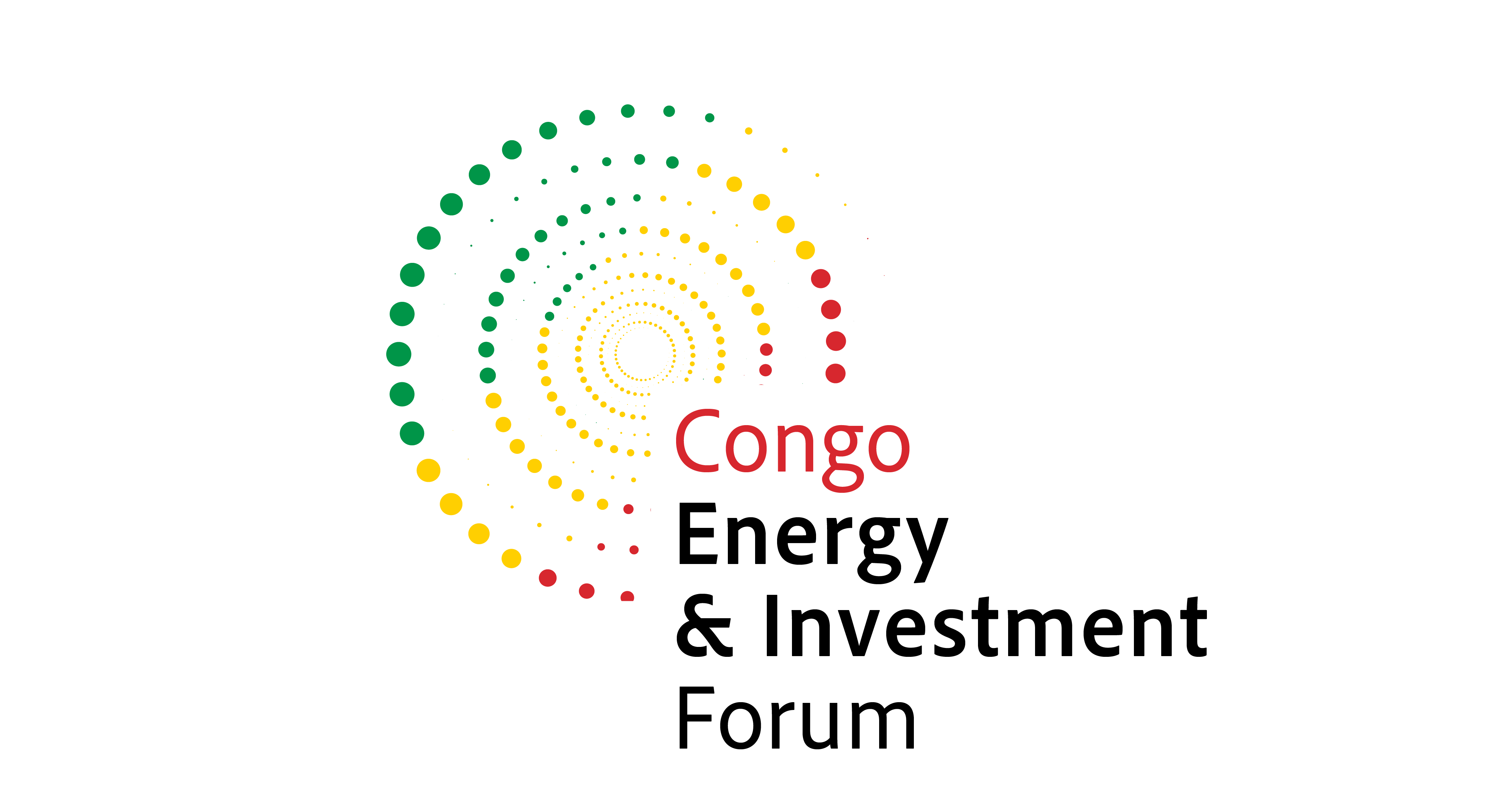EU Strengthens Infrastructure, Renewable Energy in Congo
)
The European Union (EU) has granted €1.5 million to finance the Center of Excellence for Renewable Energy and Energy Efficiency (CEO) in Oyo, Republic of Congo, and the Center for Renewable Energy and Energy Efficiency of Central Africa (CERRAC, in Luanda, Angola. Founded in April and March 2023, respectively, these initiatives underscore the EU’s commitment to advancing renewable energy infrastructure in the country and in the sub-region. In an interview with Energy Capital & Power (ECP), Anne Marchal, the EU Ambassador to the Republic of Congo, elaborated on these initiatives and their alignment with the nation’s economic and environmental objectives.
Can you outline the EU’s key infrastructure initiatives in Congo and how they align with the country’s economic and trade development goals?
The EU has maintained a long-standing partnership with Congo, supporting infrastructure and economic development in line with national strategies. Our efforts focus on transportation, energy and trade facilitation. A flagship project under the Global Gateway initiative is the development of the Autonomous Port of Pointe-Noire. Funded through an EU grant and a loan from France’s AFD, this project includes new quays, an industrial and an artisanal fishing ports and a satellite control center for fishing vessels to enhance resource protection.
In the energy sector […] we recently launched a feasibility study for power lines connecting Pointe-Noire, Brazzaville, and Kinshasa, as part of the Boucle de l’amitié énergétique.
How do the port infrastructure projects in Pointe-Noire and Brazzaville integrate energy efficiency and sustainability measures?
At the Port of Brazzaville, our donation of energy-efficient cranes in 2019 has significantly improved operations. At the Port of Pointe-Noire, the expansion of piers is reducing vessel waiting times, improving efficiency, and cutting energy waste. Next year, the opening of the new industrial fishing port will separate fishing and cargo fleets, enhancing safety, sanitary conditions and regulatory control. We also support the Quality, Hygiene, Safety and Environment department to ensure that port operations meet modern environmental standards.
The expansion of the fishing port is a key part of the Port Autonome de Pointe Noire (PAPN) project. How is the EU ensuring that industrial and artisanal fishers benefit while maintaining sustainable fishing practices?
Our project with PAPN aims to reduce poverty, improve trade conditions and enhance sustainable fisheries management. We are working to provide modern industrial and artisanal fishing infrastructure while ensuring environmental sustainability. This initiative is fully aligned with the Global Gateway’s mission, which is to build trusted, sustainable infrastructure that benefits both people and the planet.
Given Congo’s strategic location, how do these infrastructure projects contribute to regional connectivity and trade integration in Central Africa?
The Pointe-Noire–Brazzaville–Kinshasa–Bangui corridor is a vital trade route, offering an alternative to the Douala/Kribi–Bangui corridor. It facilitates the movement of goods between Congo, the DRC, the Central African Republic, and Chad. To boost regional integration, EU delegations in these countries are conducting a study to map investment opportunities along this corridor.
Additionally, the Boucle de l’amitié énergétique project aims to integrate regional energy markets and improve living conditions across the sub-region. A feasibility study is underway, with implementation expected between 2027 and 2028.
Beyond port expansion, what additional measures does the EU consider essential for enhancing trade and attracting investment in Congo’s transport and logistics sectors?
We are working to improve the investment climate by supporting economic diversification, business promotion and financial tools like the EFSD+ [European Fund for Sustainable Development Plus] guarantee mechanism, which helps unlock investment. Digitalization is another priority, with efforts focused on expanding job-market-aligned training, digital skills certification and e-governance to enhance economic efficiency.
We are equally committed to environmental sustainability, particularly through the EU-Congo Forest Partnership, which focuses on protecting ecosystems, promoting sustainable agriculture, and developing eco-tourism. Our conservation projects in national parks such as Conkouati-Douli, Nouabalé-Ndoki, and Odzala-Kokoua contribute to these efforts.


